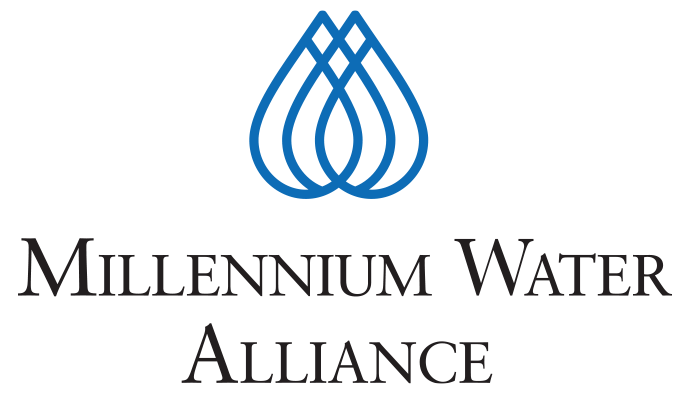Washington, DC, December 30, 2022 – President Biden this week signed into law the $1.7 trillion FY 2023 omnibus funding bill for the federal government, completed by Congress last week after weeks of intense negotiation to avert a government shutdown in December as temporary funding for the government was set to expire.
Congress ultimately decided to keep the USAID water security, sanitation, and hygiene (WSSH) programs under the Senator Paul Simon Water for the Poor Act of 2005 (as amended by the Water for the World Act of 2014) at the same funding level as last year, at no less than $475 million. The last increase enacted was in FY 2022, when Congress raised the appropriation by $25 million over FY 2021.
It’s very good news that the overall international affairs budget for USAID, the State Department, and related agencies was increased by 6% , to a total of $78.3 billion. That includes $61.7 billion in regular (non-emergency) funding, a $3.7 billion increase from the FY 2022 enacted, and $16.6 billion in more emergency funding for Ukraine. It is important for WSSH that the total numbers for USAID increase, to reduce pressure on the budget line for WSSH and also help the agency maintain staff and training needed to help increase efficient delivery of all programs,
If you’re keeping score on how well WSSH has done, here are a few numbers for recent years: FY 2019 $435 million, FY 2020 $450 million, FY 2021 $450 million, FY 2022 $475 million, and FY 2023 $475 million. Over many years, WSSH increases have outperformed those for similar program areas at USAID.
